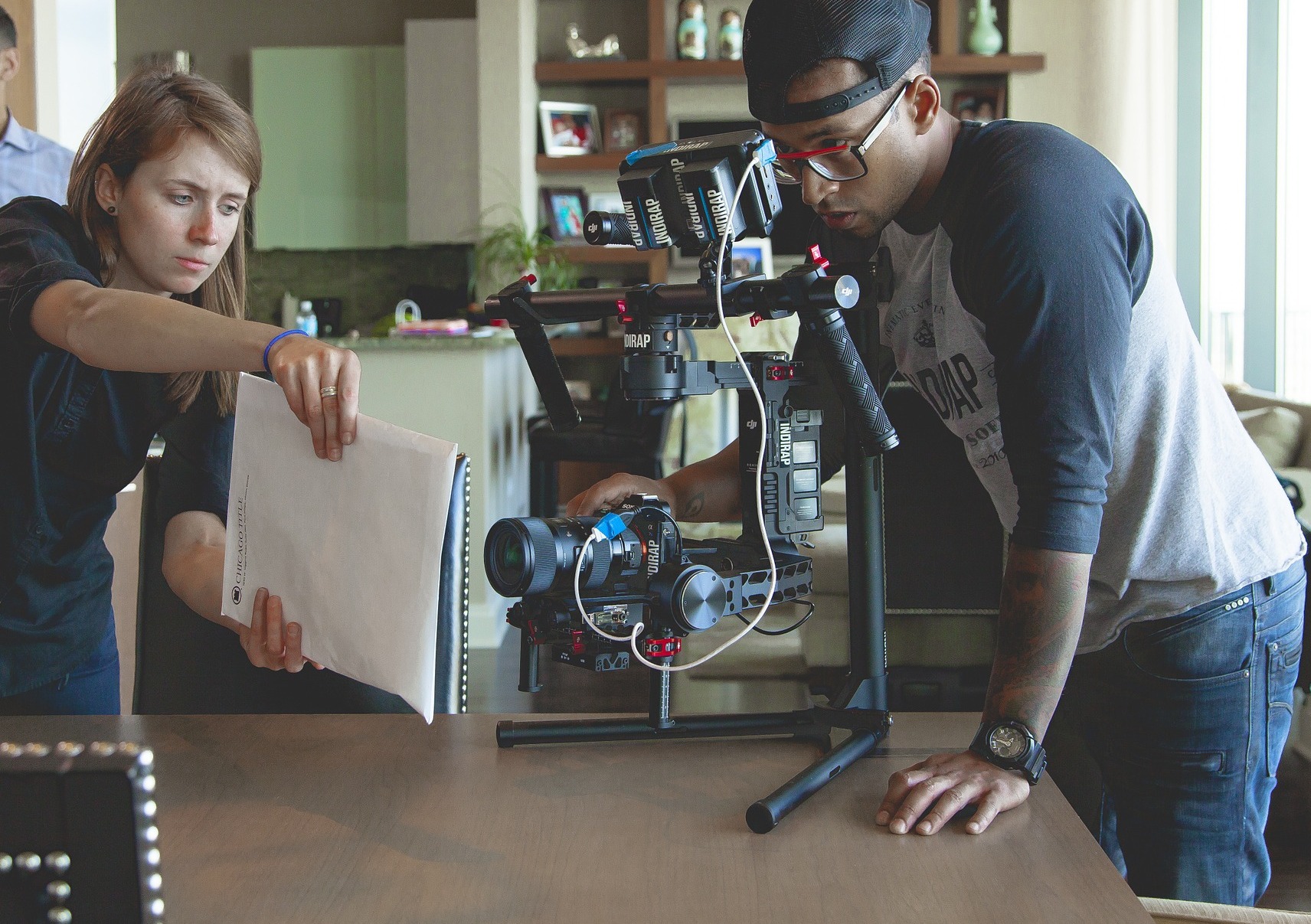Last month, Paul Cipywnyk wrote here about plausibility and continuity in novels. But what about in screenwriting? Realistic, plausible details and continuity are equally — sometimes more — important on screen, but it can be challenging to ensure them.
Now, it doesn’t matter what you’re writing about or in what time period — the research for a story is first and foremost the responsibility of the writer. The more research writers do, the more likely it is they’ll catch themselves when they write something that doesn’t ring true. That doesn’t, however, let an editor off the hook. Neither the writer nor the editor is expected to know everything about a certain time period, but both of them should know someone who can look at the details and provide feedback on their authenticity.
The problem with writing a historical film as opposed to a novel is that from purchase to production, the script will go through many, many more hands. As Deborah Patz says in her book Film Production Management 101, “Trying to keep up with script revisions is like trying to hold onto a waterfall.” A mistake can be introduced anywhere along the way and make it onto the big screen, and often in close-up. The good news is that usually one of those “many hands” will find the mistake.
Fixing a gunfight, because props or the armourer chose the wrong gun, can be costly. Changing the gun, in both Paul’s book example and a movie, means rewriting the action in the scene. The continuity department on the film starts to ask what other scenes have been shot using the wrong gun. The stunt coordinator, who has to choreograph the fight again, will ask if doing that means some of the set will have to be changed. The writer, if allowed on set, and the director will ask whether changing the action of the scene has any bearing on plot or character. The film’s armourer and safety co-ordinator will have to work with the actor(s) with the new gun. For both film and book, knowing the right year would have solved the problem right up front. It’s the seemingly little things a writer and/or editor don’t ask about that cost the most.
In a historical piece, there’s always a tradeoff between what’s real and what’s true. How many times have you felt like throwing a book across the room but kept on reading and ended up passing it on to a friend because, although some of the details were wrong, you ended up crying your heart out at the end? How many times have you watched a romantic film — like Pretty Woman, for instance — with over 50 very obvious continuity problems and still walked out smiling, believing that love conquers all?
On the other hand, there are films that knowingly twist the truth. This video shows some of them. Do you know others that got it all wrong? Better still, do you know others that got it just right?
~~~
Previous post from Melva McLean: Movie Review: Genius.
The Editors’ Weekly is the official blog of Editors Canada. Contact us.
Discover more from L'HEBDOMADAIRE DES RÉVISEURS
Subscribe to get the latest posts sent to your email.
